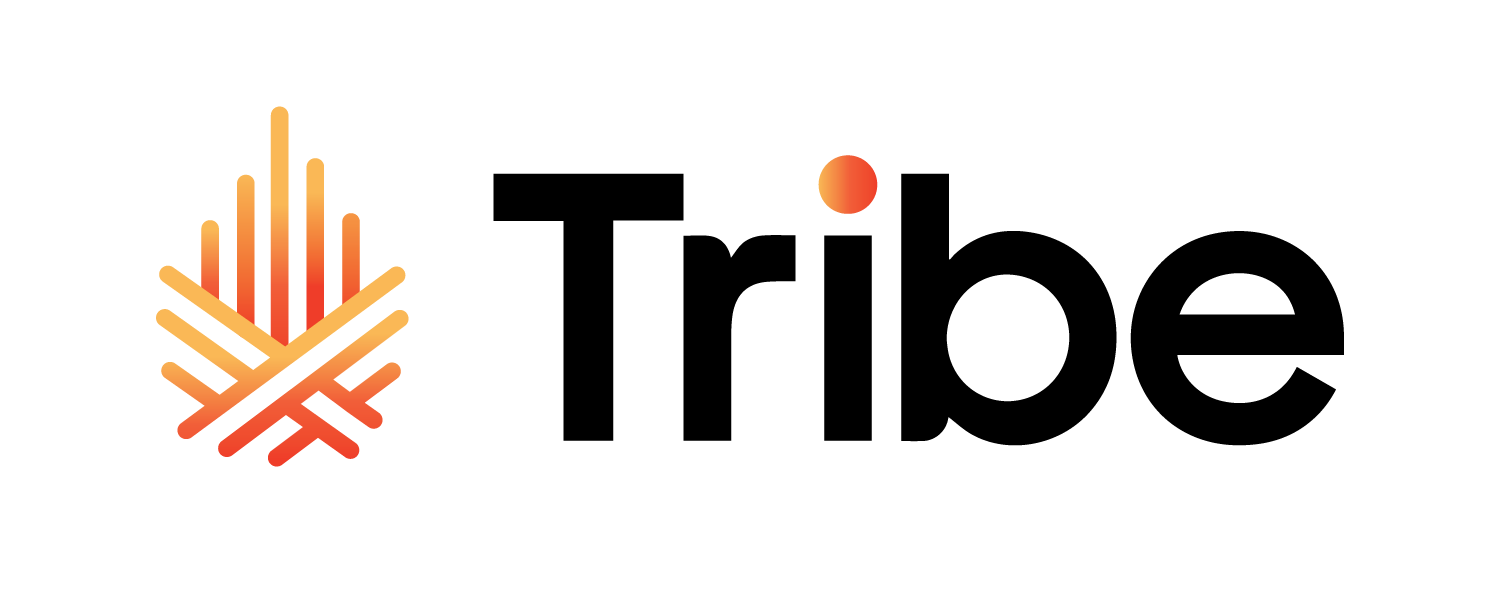Three critical insights about mentorship from a first-time mentor to Black entrepreneurs

By Kilah Rolle, Entrepreneur and Inclusive Communications Specialist
As part of Tribe Network’s pilot business strategy mentorship program, I was privileged to serve as a mentor for Tribe’s Black Start-Up Project. The 12-week program brought together intersecting Canadian-based identities from Black communities who were seeking belonging and business guidance.
It was an incredible, transformative experience as a first-time mentor; but it was also overwhelming to witness and participate in the unique challenges associated with guiding new Black entrepreneurs in building successful businesses in overrepresented white spaces.
During my time as a mentor, I learned that social innovation mentoring can be an empowering community impact tool. In addition, the opportunity demonstrated how culturally responsive mentorship can help facilitate personal development and knowledge exchange between mentors and mentees.
In light of this, here are three key observations from my experience.
Mentorship has been an integral part of Indigenous culture throughout history.
Mentorship has been a crucial part of many global majority cultures since ancient times. Fast forward to the modern world, mentorship has evolved into a more structured and formalized business practice which often overlooks the relevance of ancestral Indigenous cultures. By honouring the process of acknowledging the wisdom and ancestral lands of our elders, we can learn more about our own place, strengths, culture and values. This cultural knowledge encourages us to make the collective efforts necessary for personal growth, and eases the transition into meaningful, participatory professional advancement.
In Tribe’s unique community-modelled, protected mentorship space, we were able to centre our perspectives around traditional values which encompass the essence of global understanding – connecting traditions and fostering a greater appreciation for the value of community in our lives today.
Appreciative inquiry can help mentors and mentees overcome imposter syndrome.
As a mentor, I’ve gained invaluable insights from mentees about how systemic racism can exacerbate impostor syndrome. Impostor syndrome is the fear of being exposed as inadequate despite one’s actual capabilities and credentials, and it affects people of all backgrounds, including BIPOC-identifying mentors.
External messages stemming from systemic oppression can further challenge the self-esteem of BIPOC entrepreneurs, and make us more vulnerable to impostorism. Those who are intersectionally oppressed – such as Black Queer women – may be particularly susceptible to this unique form of insecurity.
Effective mentoring approaches for BIPOC entrepreneurs should be dynamic and prioritize compassionate curiosity. Appreciative inquiry consists of intentional questioning that seeks to evoke the inventive and authentic side of the respondent. This reveals useful insights which can be used as a method for creating unique solutions for any issues or hardships encountered by individuals.
Examples of appreciative inquiry could include the following questions: Are there ancestral messages and community values that should be carried into this space? What have been the sources of strength and resilience throughout your past experiences, and could these be beneficial for your current context? How can we optimize this environment to promote thriving?
BIPOC entrepreneurs need mentors who intentionally lead with vulnerability.
Through self-reflection and sharing our evolving social identity-based experiences, mentors and mentees can come to understand the impact of external and internal messaging on personal development, as well as its ramifications for our overall well-being.
Successful business practices rely on successful navigation of power hierarchies. Mentors can help flatten inequitable power differences through deliberate vulnerable leadership. I practiced this approach with mentees by sharing my own experiences and doubts and by opening up space for mentees to co-lead.
Intentional vulnerability helped mentees feel safe and understood, releasing them from the stressful energy depletion that comes with constantly surviving societal harm and liberating the vital energy needed to co-create.
This newfound creative autonomy led to mutual accountability and a commitment to joyfully gather as peers, which enhanced every stage of our mentorship co-journeys.
Stay tuned for the continuation of this two-part series to discover which self-development insights resonated with Kilah after mentoring Black entrepreneurs.
Kilah was a mentor for the Black Start-Up Project‘s START program. Access our START workshop recordings, resources, and activities in Courses.

About the Author
Kilah Rolle (she/her/mom) is a Halifax, Nova Scotia based inclusive communications consultant, content creator with intersecting Caribbean (Bahamas/Africa) and European (Canada/France) Diasporic identities.
Follow
Medium: Ki Rolle
Instagram: @mind_ya_kiki
LinkedIn: Kilah Rolle
